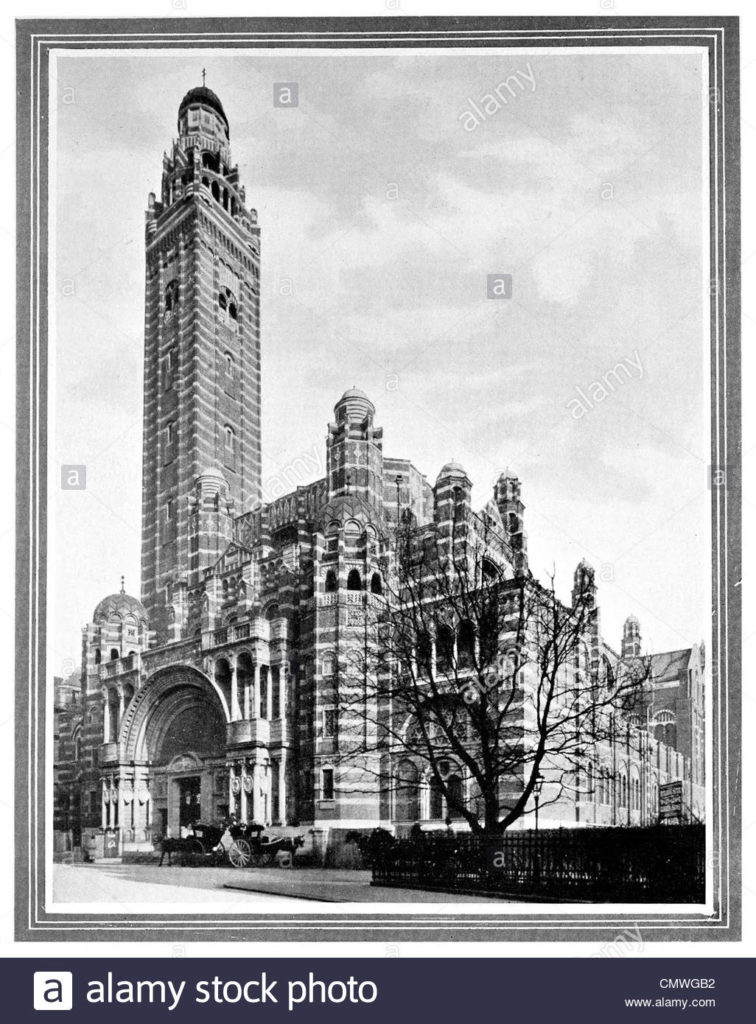Molly Keen Childhood Memories (1903-1921): Education and Schooling
Molly Keen’s memoire includes a detailed insight into her education and schooling, but she does not reveal any academic successes, such as certificates. However, her memoire articulates her intelligence through her fluid writing style and varied range of vocabulary which produces an image of an educated woman. Molly also became a nurse, at the end of the memoire, further showing her academic and learning abilities.
Before Molly could attend school, she attempted to follow her sister, Winifred, by climbing over a gate to try and join her. Molly fell and broke her arm, but this shows her eagerness and the happiness she felt amongst her sister’s company. This also shows Molly’s maturity in her desire to be the same as her sister, and thus how she was excited to begin her education and schooling. Molly and Winifred attended a different school to their brothers because their school means they had “no roads to cross” (p. 7), showing the importance of the daughters’ welfare to their parents.
The Keen family were a Protestant family, but the two sisters attended a Roman Catholic Primary School, run by nuns. They were graciously welcomed, and Molly thoroughly enjoyed her time there. Molly felt a strong connection to the warm spirit at this school, particularly the parental sentimentality of the nuns. She describes how Mother Maria would “walk along as though with chicks under her wing” (p. 8) which shows how welcoming the nuns were, and thus why Molly felt such a warm connection to the primary school, where she was “on the whole happy and secure” (p.8). Molly’s next step in her schooling life was to join Alexander School for Girls, which she describes as a better school due to the “smart teachers and better equipment” (p.8), further articulating her desire to achieve the best academic education she could. On the other hand, Molly missed the more personal and maternal aspects from her primary school, stating how her new school “lacked something difficult to define with what the Catholic School had” (p.8). I believe Molly struggled to ‘define’ what she missed the matriarchal society of the nuns, which was lacking in her life due to her mother’s ill health. However, Molly’s mother was still a loving woman and mother, but she will not have been as active during Molly’s energetic youth and adolescence. Molly’s progression to secondary school meant her losing the welcoming conduct of a primary school, and thus making her have to grow up and become more mature. This can be seen through her determination to have a job near the end of the memoire, where she becomes a nurse, rather than the domesticated lifestyle her sister Winifred chose for herself. Winifred looked after their Mother and baby sister Ivy prior to becoming a housewife, but both girls opposing lifestyles still brought them happiness. Furthermore, through her education and schooling, Molly can be seen as a product for her time, whereby women in general were becoming more involved in more ‘masculine’ lifestyles, whereby they would work and provide for the family too, rather than concentrating on the children and tier home; the necessary and domestic side of life would now be shared between husband and wife.
After he school years, molly continued to place herself in situations and groups where she would be educated. She joined a camera club, but even though it was an enjoyable hobby for her, she was still learning. Similarly, she played tennis as a hobby, but she was still educating herself about the rules and different aspects of her game so that she could be involved in the sport. Both the camera club, and tennis, helped to adapt Molly’s identity into a more well-rounded person, where she would remain fit and healthy through sport, whilst keeping hobbies prominent in her life. Through her different forms of education, Molly was able to keep a good balance in her life, resulting in a determination in her life in whatever she did. This is similar to her Father, and I believe her Father’s motivation to work inspired Molly. Molly describes her Father’s hours of work as “long and he travelled many miles on a push bicycle” (p. 1), showing her Fathers similar interest in remaining healthy. However, this was due to their working-class income, rather than a desire to be physically fit. Nonetheless, her Father’s work ethic certainly had a positive effect on Molly’s determination, especially through his willingness to help out, no matter how long his hours were. Molly states “one time he did work in Westminster Cathedral” (p.1) showing the ambition that they shared, and enjoyment and pride the Keen family gained from their Fathers love for them, and desire to work and provide for his family.

On a sadder note, the death of Molly’s Mother inspired her to take up nursing, so that she could help people’s suffering, as she would have wanted for her Mother, had her sister not been so helpful. However, Molly held off starting her new career for two years and worked at the railway so she didn’t have to work when she was studying. This proves her willingness to work, and thus her father’s work ethic. It also further emphasises her dedication to her own education, whereby she wanted to completely devote herself to nursing, rather than have a part-time job as a distraction from her studying.
Bibliography
Image 1 – https://www.alamy.com/stock-photo-1904-westminster-cathedral-london-47275510.html
Keen, Molly, “Childhood Memories 1903-1921”, Brunel University, 1987

Leave a Reply